
In today’s world when everyone is constantly on-the-run chasing something or the other, mindful living teaches you the art to live in the present. It’s a treasure to humankind and the secret to a happy and peaceful life.
At this moment, while you are reading this, this likelihood is also mindfulness. A while later, when you sit back to work, fully focused and are not bothered about the results to follow, is mindfulness. For those still unclear, let’s dig into details.
What is Mindfulness?
SUMMARY
Mindfulness is the ability to stay awake and be in-the-moment. It enables you to be impartial to your surroundings and aware of your everyday choices, actions, ideas, thoughts, and feelings.
Our minds wander. All the time. The more it wanders, the less happy we are. How?
Well, have you ever reached a place and forgot the purpose of the visit? Have you ever found yourself staring at the TV and remember nothing later? Most of us have. This is the exact opposite of Mindfulness – mindlessness or the state of being on autopilot.
It can be better defined as a dreamlike state where you are so lost in ‘getting things done’ that you forget to really live and fail to admire the beauty of life. This also ignites stress and other negative thoughts.
Mindfulness, on the contrary, is complete one-mindedness. That is, the ability to pay attention to the present moment. The practice of mindfulness reduces stress significantly and wakes you from the constant state of autopilot. You rise above your habitual thought process and see things more clearly and precisely.
Mindfulness Meaning – 3 Components of Mindfulness
Jon Kabat-Jinn, the founder of Mindful based stress reduction technique, also called the master of Mindfulness defined it as follows:
“Paying attention;
On purpose,
In the present moment, and
Non-judgmentally.”
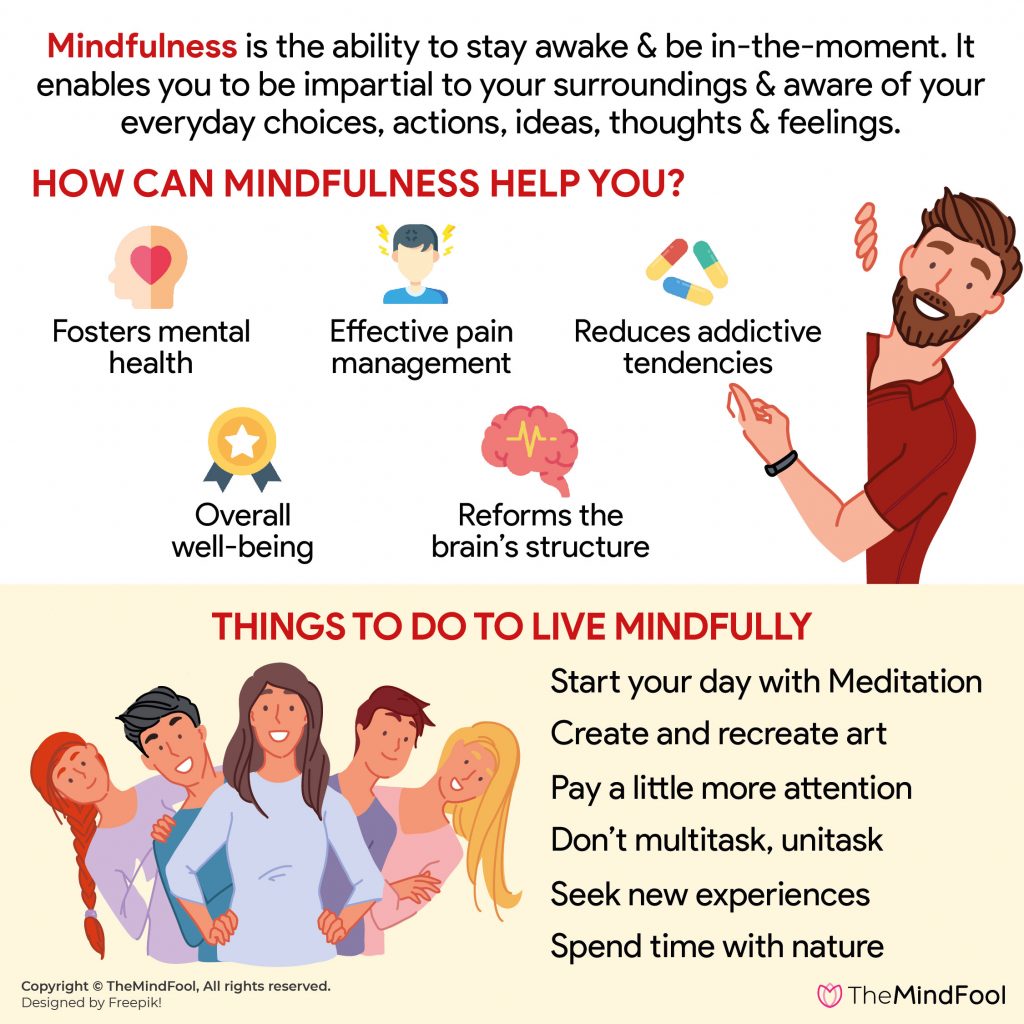
It’s beautiful and empowering how Jon expressed the exact meaning of mindfulness in these few words. This definition further takes a dig at how the practice of mindfulness compels our attention to shift gears in three specific ways. Let’s explore each of them individually:
1. On purpose
Mindfulness is an act of consciousness. It’s a deliberate action of redirecting your attention.
Unlike the everyday life, where your attention is constantly submerged in the thought of doing and “getting things done”, the art of mindful living compels you to wake up, focus on the present and pay attention to what you are doing right now.
‘On purpose’ can also be interpreted as ‘consciously’. That is, you become conscious about your inner voice and connect to your higher self.
2. In the present moment
Human minds, if left untamed, will succumb to habits and either project about the future or dwell on the past. Thus, all mindless people due to natural human behavior, are never fully present in the moment.
However, mindful living is all about the present – moment-by-moment experience of everything that is happening right now. Mindfulness reduces the desire of wanting things differently and you learn to enjoy the ‘now’ without condition.
Long story short, practicing mindfulness enables you to revel in this ‘very’ moment.
3. Non-judgmentally.
In the world dominated by social media, it is very rare that we can perceive a situation without being judgmental.
Mindfulness brings the required foresight and vision to watch the sense perceptions, thoughts and emotions exactly ‘how’ they arise. When you are oblivious to future circumstances and aware of outcomes without judgment, it helps you stay calm and patiently calculate the best result in every situation.
You optimize your daily habits and everyday chores and ultimately emerge as a successful individual.
For those who want to have a real-time experience from the man himself, here’s a video for you.
Now that you know the definition in detail, let’s quickly explore the history before we move onto the benefits.
History of Mindfulness Practice
The coinage of Mindfulness traces back to thousands of years in the East. From Hinduism to Buddhism, the practice of mindfulness has been widely preached by various religions.
However, its journey from east to west must be accredited to Jon Kabat Zinn and his Mindfulness-Based Stress Reduction (MBSR) program which is an integration of the ancient practice with western science.
This integration accentuated the benefits of Mindfulness on both, minds and bodies and thus became a very popular practice to protect mental health, reduce stress and regain calmness.
5 Health Benefits of Mindfulness
Originated from the age-old monasteries, spiritual texts, and ashramas, it is now found in schools, workplaces, homes and even hospitals. People from all over the world are widely adopting this practice of mindfulness considering the long list of benefits it has to offer. It offers a 360-degree development of your body – physical, mental and emotional. Here’s how.
1. Fosters mental health
In today’s fast-paced world, the mental state of humans is a lot more vulnerable than the physical state. Evidence suggests that if you practice mindfulness daily, it will result in reduced stress, anxiety and other negative emotions. It is also coined as one of the effective measures against depression.
2. Effective pain management
Pain can be of different types and measures, but there’s one thing that is common to all – it hurts you. Mindfulness can help you cope with it by redirecting your attention to the present. It also boosts your immune power and fights serious diseases and disorders.
3. Reduces addictive tendencies
You tend to feel frustrated when you succumb to all your compulsive and addictive tendencies after several trails. The struggle can be escaped with this simple act of mindfulness. It helps you combat the urge not by resistance, but by observation and has proved to be very effective.
4. Overall well-being
Mindfulness has a significant impact on our bodies and minds – it develops your sense of well-being, establishes a healthier outlook, boosts physical energy and also resists difficult emotions. Apart from it also sharpens your memory, develops empathy and compassion, and helps you become more focused and confident in life.
5. Reforms the brain’s structure
This can sound a bit odd but it’s one of the most astounding recent findings of the benefits of Mindfulness. This practice of being “fully present” increases the gray part in your hippocampus that regulates the learning ability of the brain. This is backed by research done by the Harvard Medical School.
This was just a sweeping look of the long list of benefits of mindfulness. The all-inclusive list will easily surpass most of our expectations. Apart from all the ones mentioned above, mindfulness also improves your relationships, improves heart health and even benefits cancer patients. Thus, it’s only wise to start practicing it today.
Practicing Mindfulness
Step 1: Set-up your mindful space
Every mindful practice requires a quiet corner to enable more focus and concentration. Once you spot a space that can be undisturbed for the next 10-15 minutes, prep yourself to experience solace.
Find a chair, a meditation stool or a cushion and sit with an upright spine. Make sure your posture is steady yet comfortable. Unnecessary tension can disturb your mental peace which will defy the entire purpose of this exercise.
Step 2: Focus on your breath
Breath is life. Mindful living is the act of being in the moment. And, mindful breathing is focusing on every breath moving in-and-out of your body.
Your body has been naturally breathing since the day you were born, thus there’s practically nothing that you have to do – Just close your eyes, focus on your breathing and simply feel it. Notice how this basic natural course of deep breathing constantly changes your body sensations. The peace and tranquillity so experienced are much more emphasized when practiced.
Step 3: Return to your awareness
While you are just starting to focus on your breathing, you will observe that your mind has a plan of its own. This doesn’t mean that you have failed. This means that you are a HUMAN.
Your mind will wander but don’t give up. Just bring mindfulness back into the picture as soon as the realization strikes. Don’t be harsh on yourself or judge your ability to practice mindful living. This is normal. Until you keep coming back to your breath, everything is going just as it should be.
Step 4: Let the practice unfold itself
Expectations have a history, a history of disappointments and agony. If you don’t want to be a victim of ‘how it should be’, let go of all your expectations while practicing mindfulness.
Instead, let the practice unfold itself. You don’t need to fight the different thoughts that pop up in your mind. Simply observe it with a non-judging attitude while mindful breathing. Be in the moment, live in the present and find the purpose in the present.
Step 5: Allow the experience to stay
You can time your session or simply open your eyes when you feel exhausted with constant awareness (that’s just momentary).
Before you get back to the hustle-bustle of your everyday life, pause for a few moments and feel the after-effects on this mindful practice. Take it with you as you go by your daily routine and the concept of mindful living comes naturally to you.
Haywire about where to begin? Start from here.
12 Things To Do in Your Daily Life to Live Mindfully
The best part about mindful living is that it can be achieved via small little changes in your daily life. These changes are so small yet so influential that you will immediately witness a massive change in your thought process. So, what are these changes?
1. Start your day with Meditation

Of course, this takes the first spot on the list, for obvious reasons. Mindfulness begins from meditation practice as it is the most sure-fire way to achieve the solace, we all are looking for
It’s not much complicated either, as earlier explained under “5-Step procedure to kick-start a mindful living today”. It also has incredible benefits on your health but aside from that it also helps you find more clarity in life.
You can begin with 1-2 minutes every day and then gradually walk up to 3-4 minutes a day to maximize the benefits.
2. Walk a few miles, every day

Mindfulness centers itself on every activity singularly. Right from brushing your teeth every day in the morning to selling it to your client at the office – there’s mindfulness in everything.
Our generation is so much determined about workout and gyms, that the power of mindful walking is rarely explored and often undermined. On the contrary, mindful people reckon the need for walking and thus prioritize it in their daily life.
Walking can help you break through the systematized routine and gain a new perspective in life. In fact, a UK study revealed that a brisk walk through the greenery can put your mind in a meditation state.
3. Create and recreate
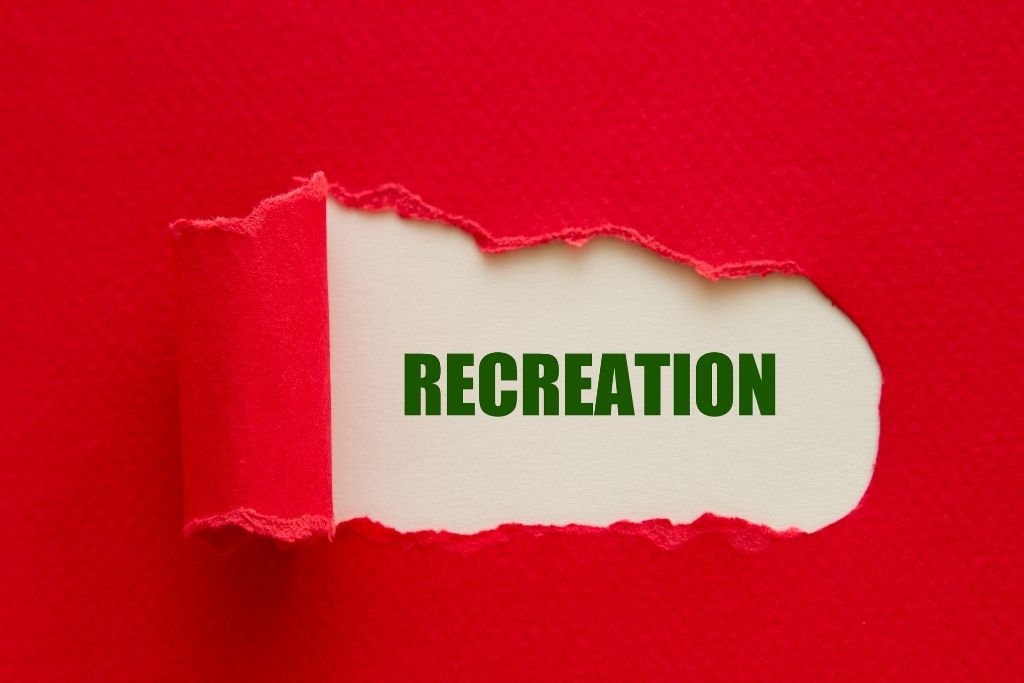
“Art is a therapy” – well, it certainly is. In fact, art is a lot more than a few brush strokes on a paper or a couple of music notes on your guitar.
Art requires creativity and creativity requires thinking out-of-the-box. That’s where mindfulness can contribute. Mindful living boosts creativity with heightened awareness and consciousness. The testimonies from artists all across the globe attest to this.
For all those who are struggling to concentrate while meditating, pick out a pen and paper and draw/scribble whatever is holding you back. You will immediately sense a strange kind of calmness that will quiet your thoughts and feelings. You can also try other creative forms – baking, singing or anything else that interests you.
4. Pay a little more attention

To everything that you do. After all, concentrating attention on your present is the very basis of mindfulness.
If you are naturally not trained to be attentive, stay awake consciously. Observe every little detail surrounding you, old or new, constant or changing. Now introspect with yourself about its purposes in the present. This will help you delve deeper into the moment and closer to mindful living.
Practicing this daily will also make you sharp since you will be aware 24*7 unlike most of us. Mindfulness doesn’t ask you to stop thinking about the future, it instead asks you to start thinking about the present. And the future gradually fades from your mind.
5. Don’t multitask, unitasker

Multi-tasking is the new (fake) superpower. So many of us are blinded with the belief that it makes you more productive.
So, here’s breaking the myth: It instead makes you less focused and reduces your ability to complete the task in time by 50%. This is the reason why mindful living emphasizes on completing a task one by one. Undivided attention brings out the best in you and helps you remember the details for a quick recap, later.
One. Thing. At. A. Time.
6. Establish a healthy relationship with your smartphone

How many times do you find yourself lost on the phone screens while someone is trying to start a conversation? How many times have you lost track of the conversation because a notification just popped up on your phone? Well, we have lost count!
While technology has been solving countless problems, its thinning human relationships significantly and it certainly can’t be ignored. Mindful people are aware of this shortcoming and know when NOT to check their phones.
They set specific parameters and so must you. Don’t start or end your day with your phone. While interacting, look up from your screens into the eye of the receptor, so that you don’t miss out on the spark and capitalize on the vibrations that the conversation generates.
7. Seek new experiences

“[Adventure] can naturally teach us to be here now. Really, really here.” – adventurer Renee Sharp, Mindful Magazine.
Mindful living prioritizes living in the present and fosters peace of mind. New adventures bring joy and wonder. When the two are combined, it allows you to savor every moment as it passes, thus multiplying the impact.
New experiences awaken your senses and teach you the art of letting go. After all, there’s a reason why traveling calms your soul.
8. Spend time with nature

Nature has so much to say and so much to teach only if you listen carefully. A stroll by the sea, amidst the sound of the waves, can yield similar benefits as walking meditation. A few minutes spent under the shade of a tree listening to the birds chirping is simultaneous to tranquillity. The list can go on and on.
Each of the components in nature has been blessed with different hidden powers like relieving stress, improving energy levels, accentuating memory power and similar others. It’s astonishing why so many of us do not capitalize on this free resource.
Spend time with nature and it will be a great mental shift to mindful living. Once you begin observing the beauty of nature, you will never be able to get enough of it.
9. Eat mindfully
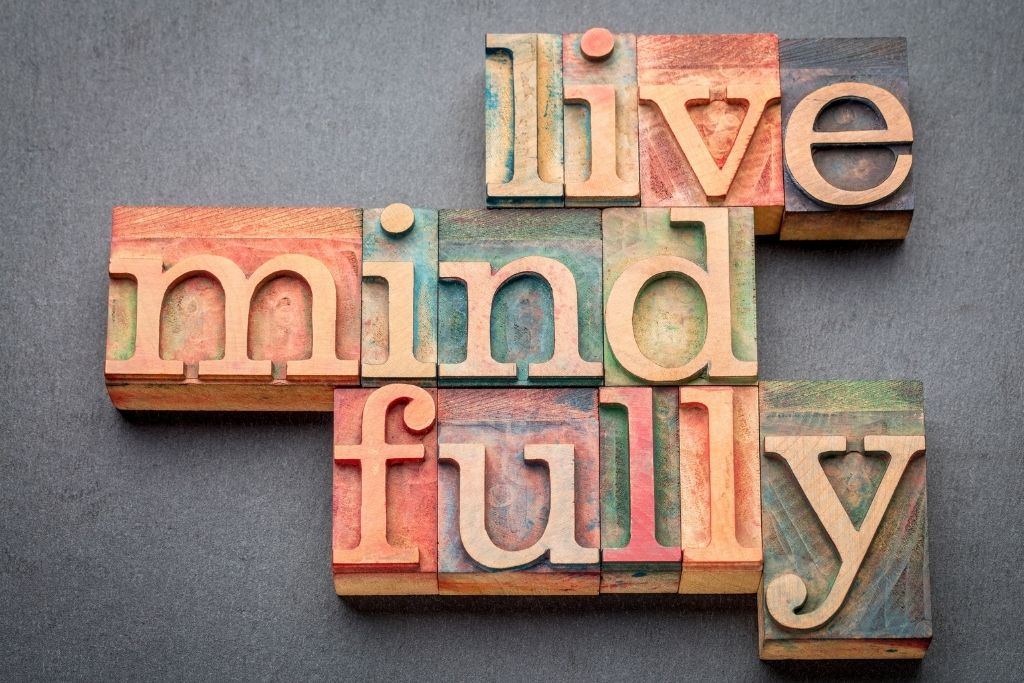
Most of you must be asking how can a simple act like eating your meal defines mindfulness. Well, that’s the beauty of it. Mindfulness includes everything. From brushing, dancing, or even eating, just focus on what you are doing at the moment and that’s about it.
Mindful eating is a thing. Pay attention to the food that you are eating, chew it properly and savor every bite. Identify every ingredient that is in your food and reflect on it. This will teach you the real joy of eating, amplify the goodness of the healthy foods in your body and also aid weight loss.
During meal-time, avoid phones, TV or even work. This will prevent the distraction and help you leverage on the silent power of the moment.
10. Play the ABC game

In your daily course, it is very difficult to be aware all the time. You are bound to get side-tracked, worry about the future and dwell on some of your past mistakes. That’s when this ABC game comes in handy – it helps you relieve stress and get back on track with mindful living.
Here’s how you can do it: Pick the letter ‘A’ and identify the objects (or anything else) surrounding you that begins with this letter. Pause and pay careful attention to all the details of these objects – like color, texture, sound or anything else. Once finished, move onto letter B and keep repeating the same until you feel relaxed.
This game brings you back at the moment and is very effective in your daily life when you tend to lose focus so often.
11. Tune-in to your body

In the run to achieve more, do more, and get more, we lose the touch with our own selves. Unfortunately, there are a very handful of people who apportion a period of time to tune-in with their minds and bodies.
A mindful living says that it must be a part of your daily activities. It is very important to pause and take a look inside your own self and feel yourself breathing. Just the act of mindful breathing can help you reconnect with your inner self.
Beginning from today, every now and then, close your eyes, then feel the ticking of your heart. Draw your attention towards your body and appreciate who you are right now.
12. Transform your home to a zen home

For every practice that deals with the states of mind, the environment needs to be mind-friendly. That is, it must be supportive and conducive to your goal.
Your home is your safe haven and you spend your maximum time here. Thus, keep it clean and organized at all times. Don’t stack clutter in one place, it can disturb your focus in the present moment. You can also add some more elements to transform it into a zen home so that it further helps you on your mindful journey.
Remember, the sight of your home must immediately reflect relaxation – because, after the whole day of strenuous work hours, this is the only place where you finally rest your head.
These daily-life tricks to lead mindful living is enough to conclude that mindfulness is not a rule-defined exercise that requires special tools. Instead, it’s a way of life that demands your full attention in whatever you do.
Mindfulness Quotes
Before we move ahead to explore more about mindful living, here’s a tiny dose of inspiration right from the desks of thought leaders.
1. “Be happy at the moment, that’s enough. Each moment is all we need, not more.”
– Mother Teresa

2. “The future is always beginning now.”
– Mark Strand

3. “Do not dwell in the past, do not dream of the future, concentrate the mind on the present moment.”
– Buddha

4. “Surrender to what is. Let go of what was. Have faith in what will be.”
– Sonia Ricotti

5. “In today’s rush, we all think too much--seek too much--want too much--and forget about the joy of just being.”
– Eckhart Tolle

6. “What day is it?” asked Pooh. “It’s today,” squeaked Piglet. “My favorite day,” said Pooh.
– A.A. Milne
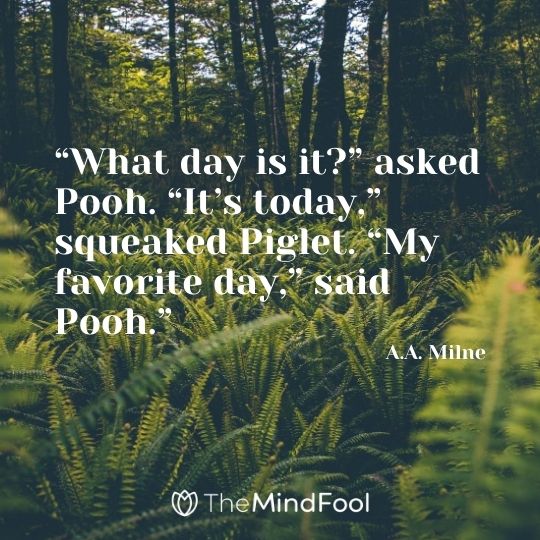
7. “Few of us ever live in the present. We are forever anticipating what is to come or remembering what has gone.”
– Louis L’Amour

8. “Whatever the present moment contains, accept it as if you had chosen it. Always work with it, not against it.”
– Eckhart Tolle

9. “Watch, witness. Your body is not you; your mind is not you. You are just a pure witness.”
– Osho

10. “Each morning we are born again. What we do today is what matters most.”
– Buddha

10 Cornerstones of A Mindfulness
When you are building a house, the foundation determines its strength. Similarly, when you lead a mindful living these essential elements mentioned below will determine your progress. If you get this right, you will be able to establish a strong and stable foundation of mindfulness in your life. So, let’s begin!
1. Awareness
Your mind has been wandering for the most part of your life. Thus, to tame it to live in the present will be difficult. Keep coming back to self-awareness until it becomes the natural course of your life. Learn to welcome this moment and revel into it. Stop chasing happiness and believe that there’s no moment like ‘now’.
2. Compassion
Compassion is so less-talked-about that we have forgotten it’s one of the most significant attributes of the humankind. Learn to be compassionate to both, others and yourself – it is revolutionary. Mindful living reminds you about the buried empathy to alter the way you feel about others.
3. Acceptance
In mindfulness practice, acceptance is the heart. You let go of the expectations and the ideals and accept the moment just like it is. This doesn’t mean you give up or don’t take action about a situation. This means you act with acceptance and not resentment, regret or anger.
4. Non-doing
In the present times, each of us is driven by the results that await us on the other shore. On the contrary, Mindfulness is a practice that is free of any goals or desires. It teaches you to simply be right where you are and enjoy it!
5. Curiosity
During childhood, curiosity is at its peak. The little ones want to explore the world and want to know why the color red is red but as we grow up to fathom the universal truths, it gradually fades. Successful people all around the globe stand against it and preaches how curiosity can be the source of so many great ideas.
6. Patience
Mindfulness is a test of time and patience. If you rush into it or get restless about the results, it will impede the very basis of your practice. There’s no end line waiting for you, so let things flow at its own pace, however slow or fast.
7. Introspection
Everything you say, do or even think has consequences. So, if you can’t be mindful of your actions, it automatically crumbles your motive. To optimize every outcome in the best possible way, you must reflect on your emotions, feelings, behaviors, and choices.
8. Gratitude
Every time you have a complaint in your mind, find something to be grateful for. Be grateful for the kind of living you are blessed with and you will enjoy every moment. In fact, right now, while you are reading this, be grateful for your education and you’ll stick with this think-piece till the end.
9. Non-judgment
Our minds pass judgments for every situation in an attempt to explore and establish an ideal. Mindfulness intends to break this practice. See your thoughts as just thoughts and refrain from categorizing them. This impartial outlook of life will not only resurface happiness but also take you far on this mindful journey.
10. Non-attachment
The more attached you are to a certain thing or person, the weaker you become. To live a thriving mindful life, you need to learn to let go. Don’t cling to a thought, consider them as just clouds lurking around and visualize them arising and then finally disappearing.
Mindful living is a bliss. A bliss only experienced by those who seek it. That said, here’s answering the final and the most awaited question –
14 Ways To Transform Your Life with Mindful Living
Mindfulness is not just about being present. It is about living more fully. It’s about owning the fact that your life is not forever. It’s about making the most of your life. Keep reading to find out how.
1. Take some ‘nothing’ time each day

You don’t have to be ‘doing’ all the time. Nothingness has its own beauty. Every day, stop by and relax for at least 5 minutes in your favorite chair or spot. Feel yourself in-the-moment. It’s a different kind of satisfaction to just ‘be’.
2. Listen. Listen and Listen (Mindfully, of course!)

In a conversation, so many of us hear but only a few actually listen. This act of love is so rarely available that people appreciate it deeply when you are attentive to what they are saying. So, stop the chitter-chatter in your mind and LISTEN.
3. Reflect on your life and yourself

Mindful people are always reflecting on their choices and decisions. They introspect and use the answers to find the optimal results to all the efforts, whether short term and long term. Learn from these successful people and start asking questions to yourself in every situation.
4. Learn to slow down
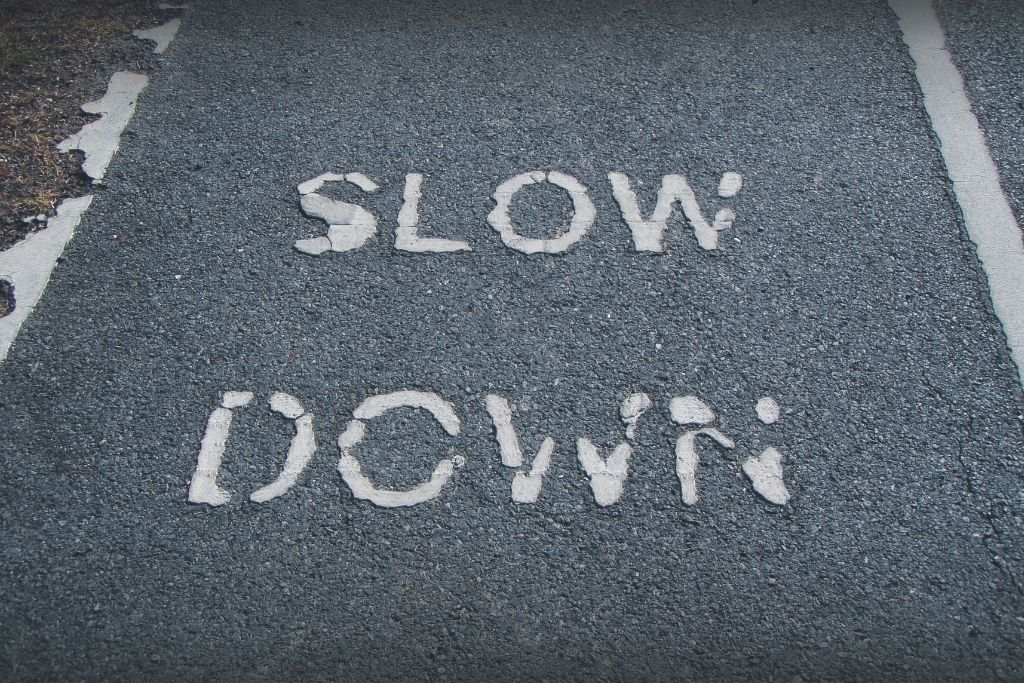
We have established a culture of deadlines that we are constantly chasing whether it’s in business or personal life. This ‘run’ can seriously mess with your peace and happiness. So, slow down, breath and let the mindfulness take over.
5. Don’t believe your thoughts

Your mind is a liar, a very convincing liar. It keeps you trapped in scenarios that have either already happened or will never happen. So, the moment you stop believing them, you refuse to play along and thus emerge mindfully!
6. Explore all your senses, deeply

You can transform any moment into a mindful moment if you are fully attentive to your senses. Wherever you are, whatever you are doing, explore it in full detail. Mindful living is all about being observant about anything and everything.
7. Watch your urges and learn to surf it.

All of us experience urges from time to time. We are accustomed to fighting it. However, mindfulness doesn’t abide by that. It asks you to just be observant about it and acknowledge these trigger-waves.
8. Do all household chores, mindfully

Household chores absorb the majority portion of our day. Instead of laying it off in the lieu of ‘I am busy’, you can turn your daily activities into mindful ones. Just be attentive to what you are doing and be fully focused on the task at hand.
9. Make mindful living a priority
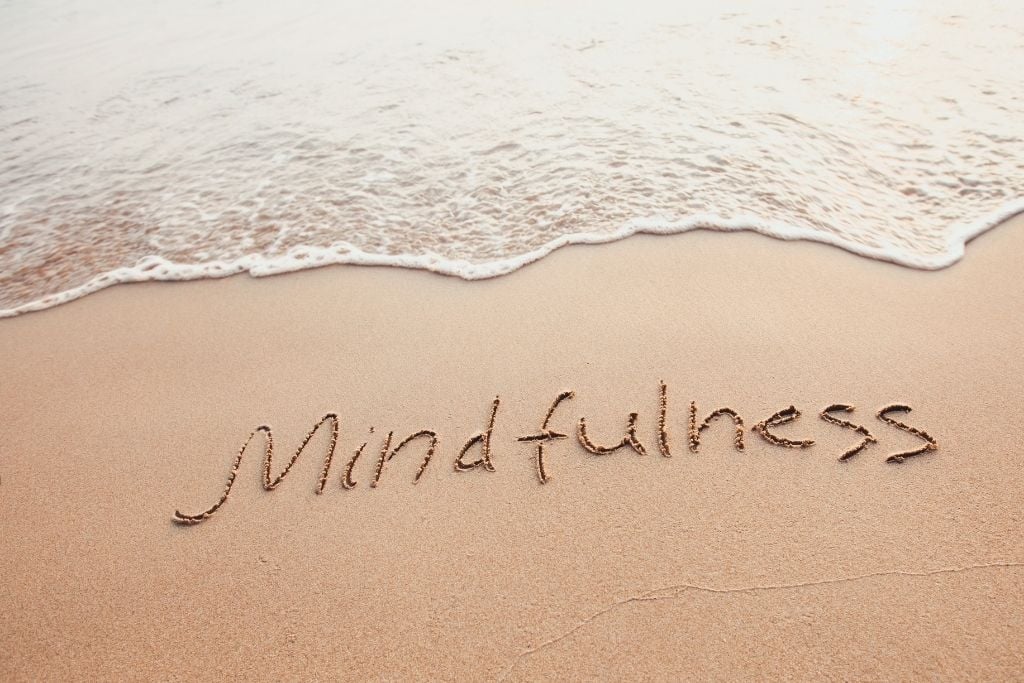
It’s a fact that the goals which are not a priority are often left side-lined. Start your day with a positive affirmation and make a conscious shift in your lifestyle. Prioritization will enable more focus and seriousness in your mission.
10. Overcome your internal challenges

Before you head out to fight external challenges, you need to come in terms with the challenges that arise from your mind. All the negative self-talk, limiting beliefs, fear, anger or regret must be won by self-care, self-love, and forgiveness.
11. Value time

Time is money. Real money. To be more mindful, appreciate the time you have to be alive and establish a nourishing morning routine. It’s always better to rise early but not imperative. Make sure you plan your day in a way that utilizes time wisely.
12. Apply Buddhist Wisdom
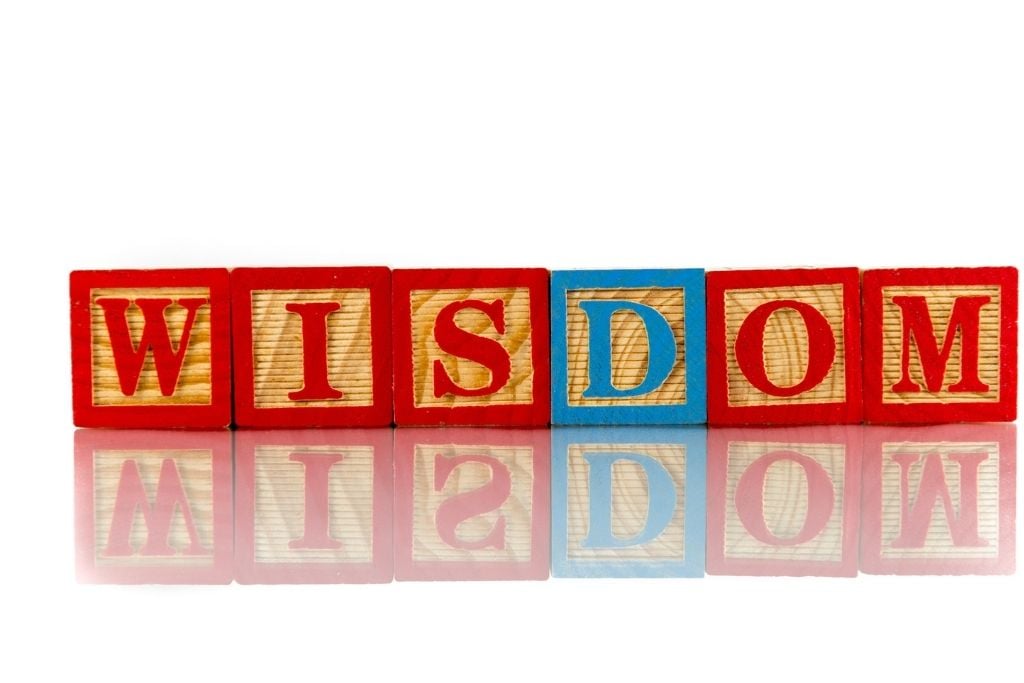
Mindfulness has its roots soaked in Buddhism and the impact can multiply if you have a detailed understanding of Buddhist wisdom. Buddhism is a lifestyle that gauges success with the peace of your mind. Here’s a think-piece for you that we crafted sometime back.
13. Accentuate your physical and mental energy

Every part of your body needs the energy to survive. If you are low on energy levels, neither you will not be able to keep up with your goal of mindful living nor do anything else. Thus, be mindful of where you are investing and make conscious efforts to accelerate your energy levels.
14. Prioritize

Apart from defining goals, priorities enable focus and allow you to concentrate your efforts on the tasks that are aligned on its path. Learn to schedule your chores on the basis of urgency so that you are not contemplating the other while doing the first.
You can’t just shift to mindful living in one day, it’s a long-term effort. Take one step at a time and eventually when you look back, you will be amazed at the transformation.
5 Things You Must Remember for A Productive Mindful Living
1. You CAN’T control your life
No one can. Everything you are trapped into the illusion of ‘No, everything is in control’, something new will pop up. Thus, it’s only wise to let it flow.
2. Discomfort is OK
The fear of discomfort is pretty much real. Don’t succumb to it. This discomfort is only momentary and will be fine with practice. Start somewhere, expand your comfort zone and explore the world.
3. You DON’T have to take yourself so seriously
Learn to laugh it off. It works. Life is full of ups and downs. If you learn to laugh and even the curve – it might not get better but it definitely gives you the strength to fight.
4. Your “media-diet” is crucial
Watch out for the junk that you consume via TV, social media and mindless gaming. What you feed your mind is extremely crucial. It is directly related to the stability of our mental health.
5. Mindfulness is a way of life
Yes, it certainly is. Once you adopt it in your own lifestyle, you will be stunned with the kind of surprises that are awaiting you.
You might just discover that all this while, the happiness, peace, and fulfillment that you were looking for, has been within you all along.
But there’s one thing that gets in the way of mindful living, ALL THE TIME. What is that? Of course, the silent killer of peace in the lieu of I-need-something-more!
So, let me say it out loud, to all of you.
“I’ll be happy one day, when…” doesn’t exist!
It doesn’t. All you have is this moment, right here, right now. Why do you want to delay your happiness into future conditioned with some other circumstances, when you can achieve it right now?
Stop running.
Nothing can make you feel whole except for your own self.
This doesn’t mean you need to stop creating and enjoying life.
No.
In fact,
Don’t ever stop dreaming, fantasizing and mind-wandering!
Sounds odd? Well, yes.
It is contrary to the foundation of mindful living. But the latest research has proved that if you are constantly in the moment, you will miss out on the deep connection that is established between the wandering mind and the outside world.
Sometimes, set your mind free and let it fly. Imaginative thinking and fantasizing can make you even more mindful.
Surabhi has a deep passion for words. She puts her heart and mind into whatever she pursues and craves for creative ventures. She has always been keen on creating original content that can make a difference. In her experience as a content writer, she has had the opportunity to work on several fields with Psychology being her favorite. Surabhi says, words have the power to transform the world, better than a sword. So she hopes to contribute her bit to this revolution. At TheMindFool, she feels lucky to have the opportunity to share content capable of bringing about a change in the lives of the readers.
